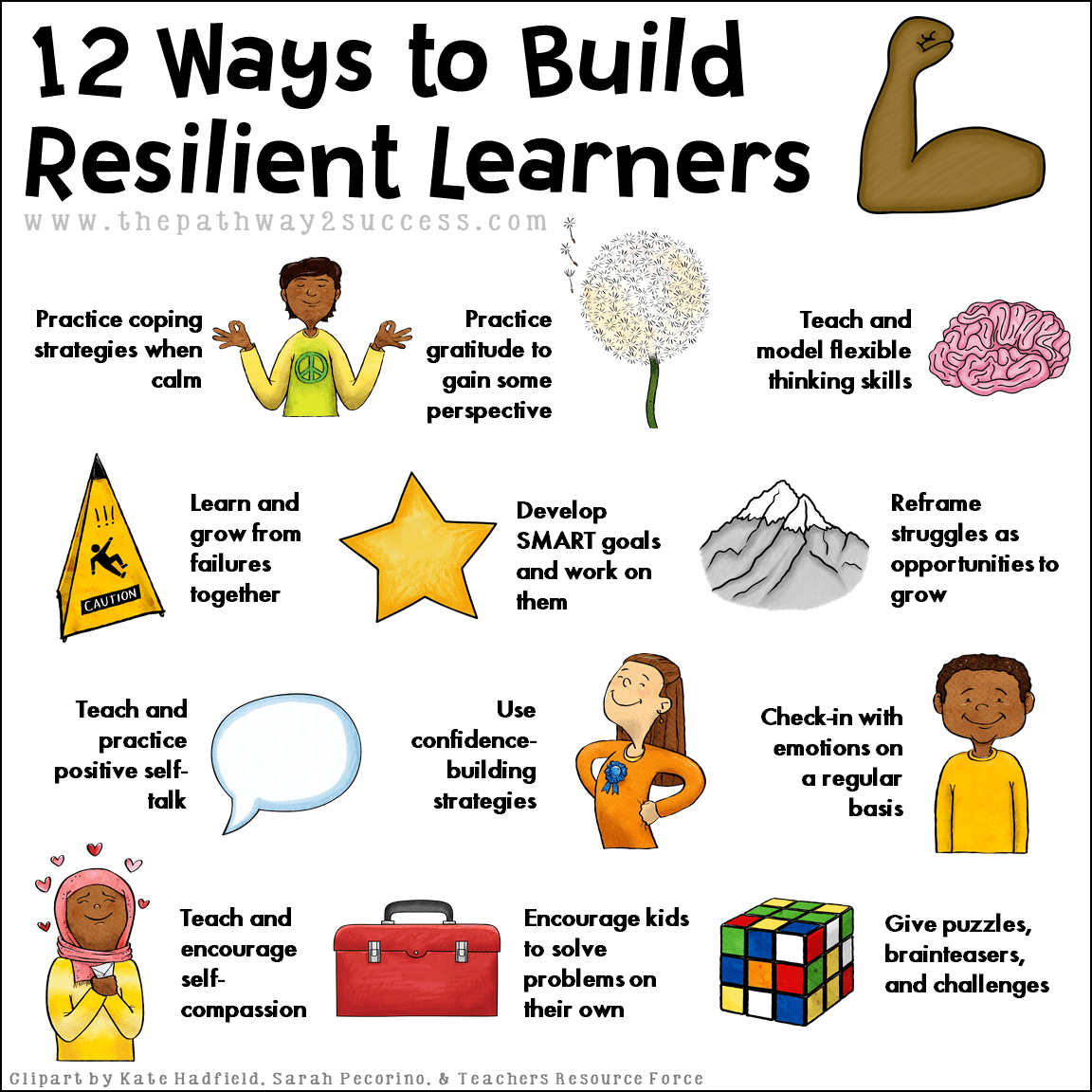In today’s fast-paced and often challenging world, emotional resilience is crucial for maintaining good mental health. Emotional resilience refers to the ability to bounce back from adversity and cope with life’s ups and downs. It not only helps individuals navigate difficult situations with greater ease but also enables them to grow and thrive in the face of challenges. If you’re looking to strengthen your emotional resilience, here are some strategies to consider:
1. Develop a Supportive Network
Humans are social beings, and having a strong support network can significantly enhance our emotional well-being. Surround yourself with people who uplift and support you, offering encouragement and a listening ear when needed. Cultivating quality relationships with family, friends, or even joining support groups can provide a valuable sense of community and decrease feelings of isolation.
2. Practice Mindfulness
Mindfulness involves being present in the moment and paying attention to your thoughts, feelings, and bodily sensations without judgment. Regularly practicing mindfulness through activities like meditation, deep breathing exercises, or yoga can help you manage stress and increase self-awareness. By developing a non-reactive attitude towards your emotions, you can better regulate them and foster emotional resilience.
3. Develop Healthy Coping Mechanisms
Everyone experiences stress and challenging emotions at times. Developing healthy coping mechanisms is essential for managing such situations and ensuring emotional balance. Instead of resorting to unhealthy habits like excessive drinking or overeating, strive to adopt healthier coping mechanisms like exercise, journaling, engaging in hobbies, or seeking professional help when needed. These activities can promote emotional recovery, enhance self-confidence, and build resilience.
4. Cultivate a Positive Mindset
Positivity is a powerful tool for emotional resilience. Work on reframing negative thoughts by focusing on the positive aspects of challenging situations. Embrace failure as a learning opportunity rather than a measure of worth. Practice gratitude by acknowledging and appreciating the good things in your life. A positive mindset reinforces your ability to overcome obstacles and develop resilience in the face of adversity.
5. Set Realistic Goals and Prioritize Self-Care
Setting realistic goals and prioritizing self-care are essential for building emotional resilience. Break down large tasks into smaller, manageable steps to avoid feeling overwhelmed. Remember to prioritize self-care by making time for activities that bring you joy and relaxation. Taking care of your physical and mental well-being allows you to better cope with challenges and setbacks.
6. Seek Professional Help
If you’re struggling to improve your emotional resilience or facing significant emotional distress, seeking professional help can be highly beneficial. Mental health professionals can provide guidance, support, and tools tailored to your specific needs. They can help you develop strategies, process emotions, and build resilience in a safe and non-judgmental space.
Conclusion
Improving emotional resilience is an ongoing process that requires consistent effort and self-reflection. By developing a supportive network, practicing mindfulness, adopting healthy coping mechanisms, cultivating a positive mindset, setting realistic goals and prioritizing self-care, and seeking professional help when needed, you can strengthen your emotional resilience and thrive in the face of life’s challenges.

